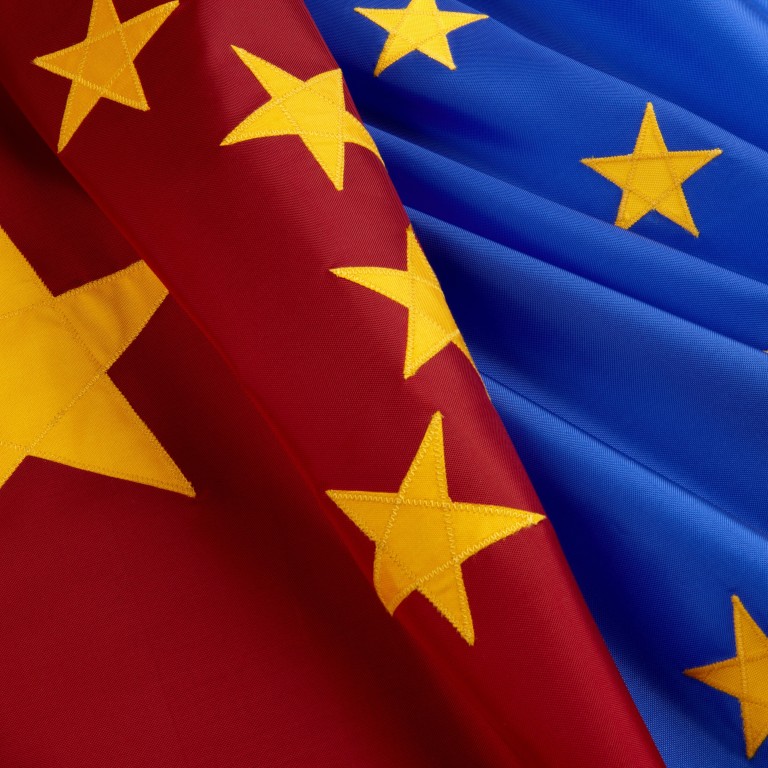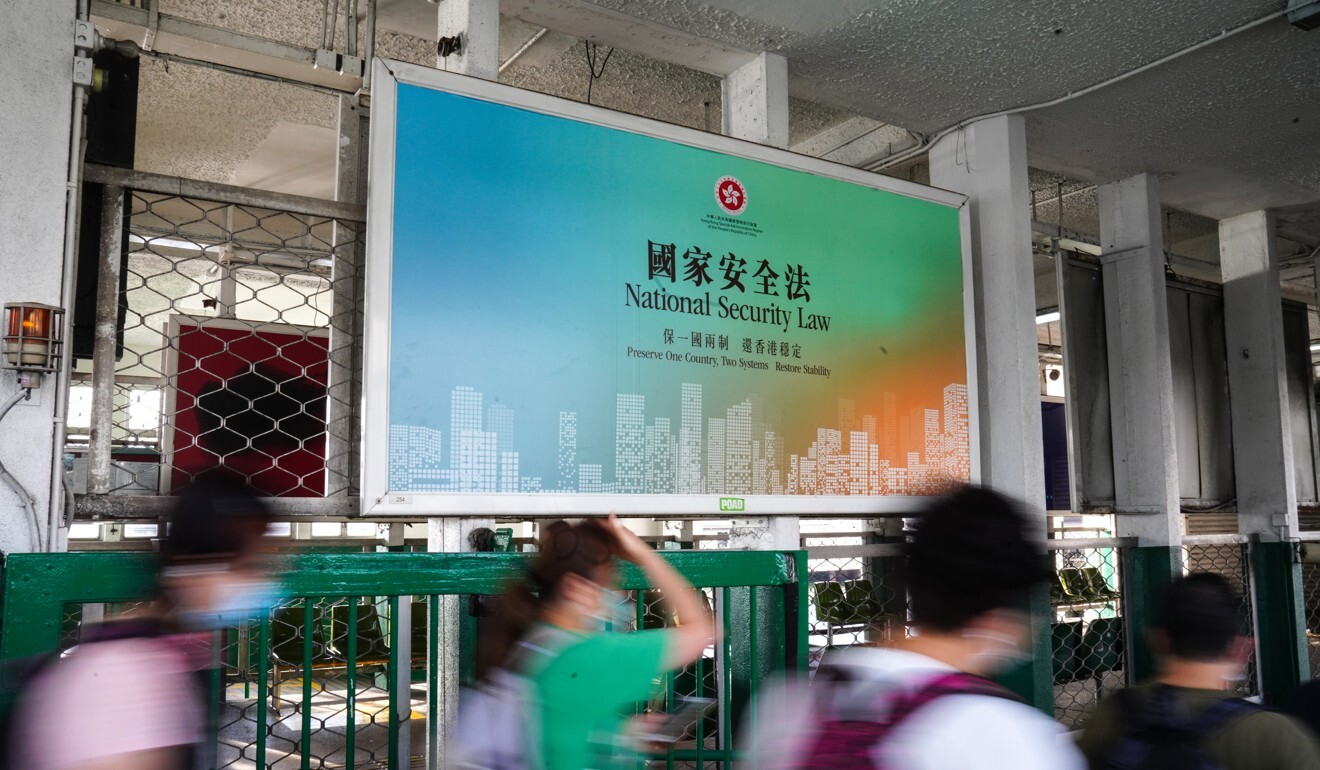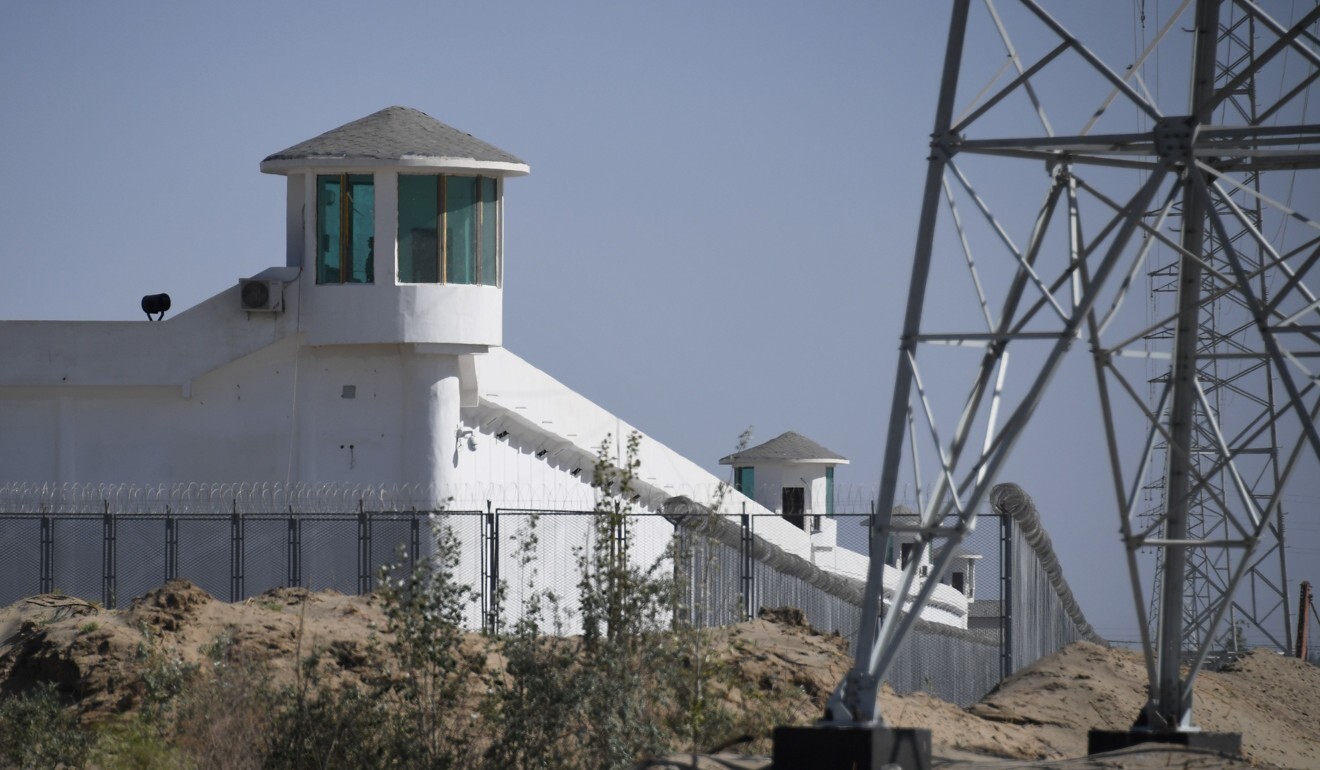
EU-China investment deal on hold as MEPs vote to halt talks
- Motion to freeze discussion of the Comprehensive Agreement on Investment passes by 599 votes to 30, with 58 abstentions
- China ‘wants the CAI deal badly, but they miscalculated and now continue to underestimate the determination of the European Parliament to defend European interests and values’, MEP Reinhard Buetikofer says
The motion stalls a deal that was agreed to much fanfare by top EU and Chinese leaders in December.
The Comprehensive Agreement on Investment (CAI) needs the parliament’s blessing before it becomes law, but members voted not to even consider this while the sanctions remain in place.
The vote on the motion on the CAI passed by a landslide, with 599 votes in favour, 30 votes against and 58 abstentions.
In the parlance of EU bureaucrats: the deal has been put in the freezer.
‘Are you sleeping well?’ How Europe’s China researchers are alarmed by efforts to stifle criticism
The motion gained the support of all the major parties in the European Parliament, including the European People’s Party, Socialists and Democrats, European Conservatives and Reformists, Renew Group and the Green Party – a sign of how Beijing’s sanctions helped unite the political spectrum.
“The Chinese side wants the CAI deal badly, but they miscalculated and now continue to underestimate the determination of the European Parliament to defend European interests and values,” said German MEP Reinhard Buetikofer, who was one of those targeted by Beijing.
Among those targeted were five members of the European Parliament, the entire Political and Security Committee – a lawmaking, ambassador-level body at the EU – the European Parliament’s Subcommittee on Human Rights, and a group of think tanks and researchers.

The EU’s efforts to introduce new actions on Hong Kong over Beijing’s crackdown on the city, for instance, have been stymied by Hungary’s power of veto for the past two months.
The motion “deplores the lack of unity in the council of the EU over the adoption of measures to address the crackdown on democracy in Hong Kong”.
It urged EU leaders to “propose and adopt conclusions on Hong Kong irrespective of a lack of unanimous support and demands that member states’ extradition treaties with China be suspended”.

The resolution also called for “additional targeted measures” under the EU’s sanctioning framework to “adequately address China’s cybersecurity threats, hybrid attacks and the civil-military fusion programme”.
China criticised the motion before the vote. On Wednesday, foreign ministry spokesman Zhao Lijian said that China’s sanctions had been a response to the EU’s actions.
“The CAI is a balanced, mutually beneficial and win-win agreement. It is not a gift from one party to the other, but is mutually beneficial. Early approval is in the interests of both parties,” he said, adding that he hoped “the EU will deeply reflect and stop interfering in China’s internal affairs”.
The CAI took more than seven years and three dozen rounds of negotiations to complete. It was pitched by the European Commission as a means of helping to level the playing field for EU firms in China, but even business communities professed to being “underwhelmed” by its breadth.
China, EU will keep cooperating despite problems, EU ambassador says
Wolfgang Niedermark, an executive board member at the Federation of Germany Industries, said: “We are still in favour of the CAI if it happens; it is a small step in the right direction. It’s always better to have agreements, compared to not having them.
“Of course, we have to be realistic that this is not a game changer. But underwhelmed is a nice word for it. The dragon is challenging us, but in the end we’re obliged to find solutions: we cannot decouple, China is too big and important to simply go away.”
Activists continue to press EU officials to be harder on China. On Thursday, a group of 55 prominent activists in exile from the Chinese mainland or Hong Kong called on the 10 remaining member states with extradition treaties with mainland China to cancel them.
“Not only do the bilateral extradition treaties with China legitimise a judicial system that does not respect any of the due process standards prescribed by international law, they play a key role in the CCP’s effort to export its regime of political terror overseas,” read a letter sent to the top EU leadership.

